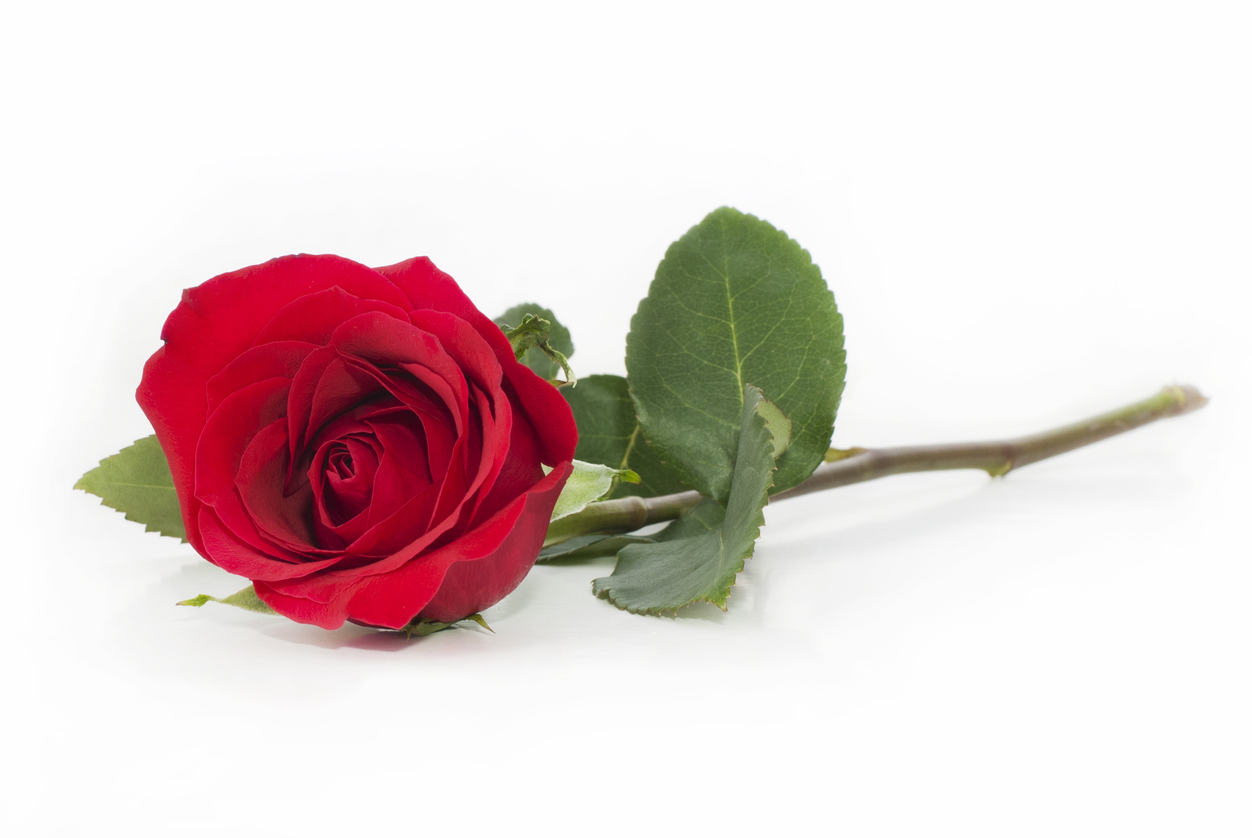The Scoop: ‘The Bachelor’ producers freeze when asked about diversity woes
Plus: Air Canada held responsible for its chatbot promises; how Bob’s Red Mill became a supermarket icon.

Dating reality show “The Bachelor” has a long, awkward history when it comes to handling race. Heck, the issue even has its own Wikipedia page. From a lack of diversity in contestants and Bachelor/ettes to a cringe interview between former Black Bachelorette Rachel Lindsay and then-host Chris Harrison, its issues with race are well-documented.
So it wasn’t entirely surprising that producers were questioned about the show’s history during the Television Critics Association’s winter press tour. But their response – or lack thereof – made headlines.
“Why does it seem that ‘The Bachelor’ and ‘The Bachelorette’ have such a hard time dealing with racial issues?” NPR TV critic Eric Deggans asked, according to Variety. “Have you learned anything from these past scandals that led to the departure of Chris Harrison?”
After a pause, one producer gave a forward-looking answer about what the show is doing now. But that wasn’t what Deggans was looking for. He pressed again: “That doesn’t really answer the question. Why has ‘The Bachelor’ struggled to deal with race, particularly when Black people are the star of the show?”
The trio of producers sat in silence for what Deggans clocked at about 8 seconds. That’s a long time when sitting on a public panel.
“I guess we have our answer,” Deggans said at last.
Why it matters: That long, awkward silence spawned scathing headlines in publications like Variety, The Hollywood Reporter and Deadline, among many others. Deggans wrote a first-person account for NPR.
The producers went in and tried to clean up the mess afterwards. Several of the stories have updates appended to the top as the producers gave answers that seemed thoughtful and appropriate to the question asked. But it was too late by then. Those stories are but a footnote compared to headlines of the producers “freezing” when asked about race.
This was a question of media training, pure and simple. To be fair, not all the producers had been with the show during the time period Deggans asked about. But some were. And a simple nod to past mistakes and a willingness to learn and grow would have gone a long way. The incident would have barely been one paragraph in media coverage of the panel. But because they weren’t prepared, it became the story.
Preparation is key.
Editor’s Top Reads:
- Air Canada argued that its AI-fueled chatbot is “responsible for its own actions” and that the airline can’t be held responsible for what it tells passengers, the Washington Post reported. The curious claim arose after a customer service bot told a passenger he could receive a refund for a bereavement fare if he filed after his purchase. In fact, he had to file before the purchase. But a Canadian tribunal didn’t buy the excuse and said the airline owed the passenger more than $600. “(The passenger) says, and I accept, that they relied upon the chatbot to provide accurate information. I find that was reasonable in the circumstances,” a tribunal member wrote in his ruling. “There is no reason why Mr. Moffatt should know that one section of Air Canada’s webpage is accurate, and another is not.”
- But nothing will stop the AI train. The New York Times is set to roll out its own proprietary tool later this year, Axios reported. The generative AI tool will be used by advertisers to help target niche audiences based on their “interests, aspirations and opinions,” Axios said, to place ads more effectively alongside Times content. A closed beta test is set to begin in Q2. The tool’s development comes even as the Times sues Microsoft and OpenAI for copyright infringement.
- You may not have known Bob Moore’s full name, but you likely have seen his face, with distinctive cap and glasses, smiling out at you from packages of grits and grain. Better known as the man behind Bob’s Red Mill Natural Foods, Moore died last week at age 94, the New York Times reported. The Times article traces Moore’s journey as a branding icon, describing the packaging as: “The distinctive but unflashy branding, a piece of modern Americana that falls somewhere between hippie and Norman Rockwell, makes for an oasis of calm in crowded supermarkets.”
Allison Carter is editor-in-chief of PR Daily. Follow her on Twitter or LinkedIn.







